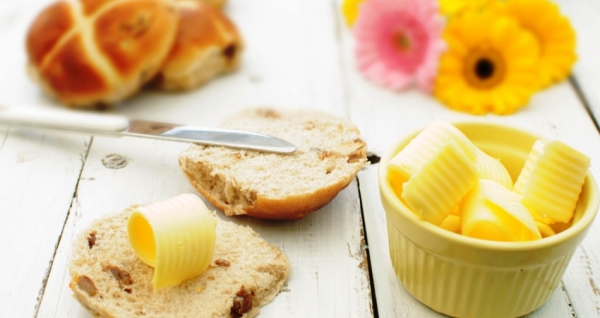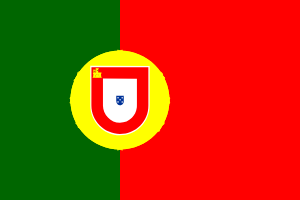What is a natural emulsifier for food?
Food emulsifiers are also called emulgents. In this way droplets of oil are surrounded by the emulsifier molecule, with the oil core hidden by the water-friendly tails of the emulsifier. A classic natural emulsion is milk, which is a complex mixture of fat suspended in an aqueous solution.


What is an Emulsifier?
An emulsifier is a molecule with one oil-friendly and one water-friendly end. Water friendly end in food emulsifier is called hydrophilic tail and oil-friendly end is called hydrophobic head. Food emulsifiers are also called emulgents. In this way droplets of oil are surrounded by the emulsifier molecule, with the oil core hidden by the water-friendly tails of the emulsifier. A classic natural emulsion is milk, which is a complex mixture of fat suspended in an aqueous solution. Nature's emulsifiers are proteins and phospholipids (lipids means fat soluble phosphate is water soluble). Egg is commonly used as an emulsifier. Some emulsifiers also act as anti-caking agents like Magnesium Stearate, Sodium, potassium and calcium salts of fatty acids. Few others like Sorbitan monostearate are emulsifier as well as stabilizer.
Types of natural emulsifier for food
The most frequently used raw materials for emulsifiers include palm oil, rapeseed oil, soy bean oil, sunflower oil or lard/tallow. Egg happens to be the oldest emulsifier.





